AI Model
Google AI Model Reads Human Behavior Patterns
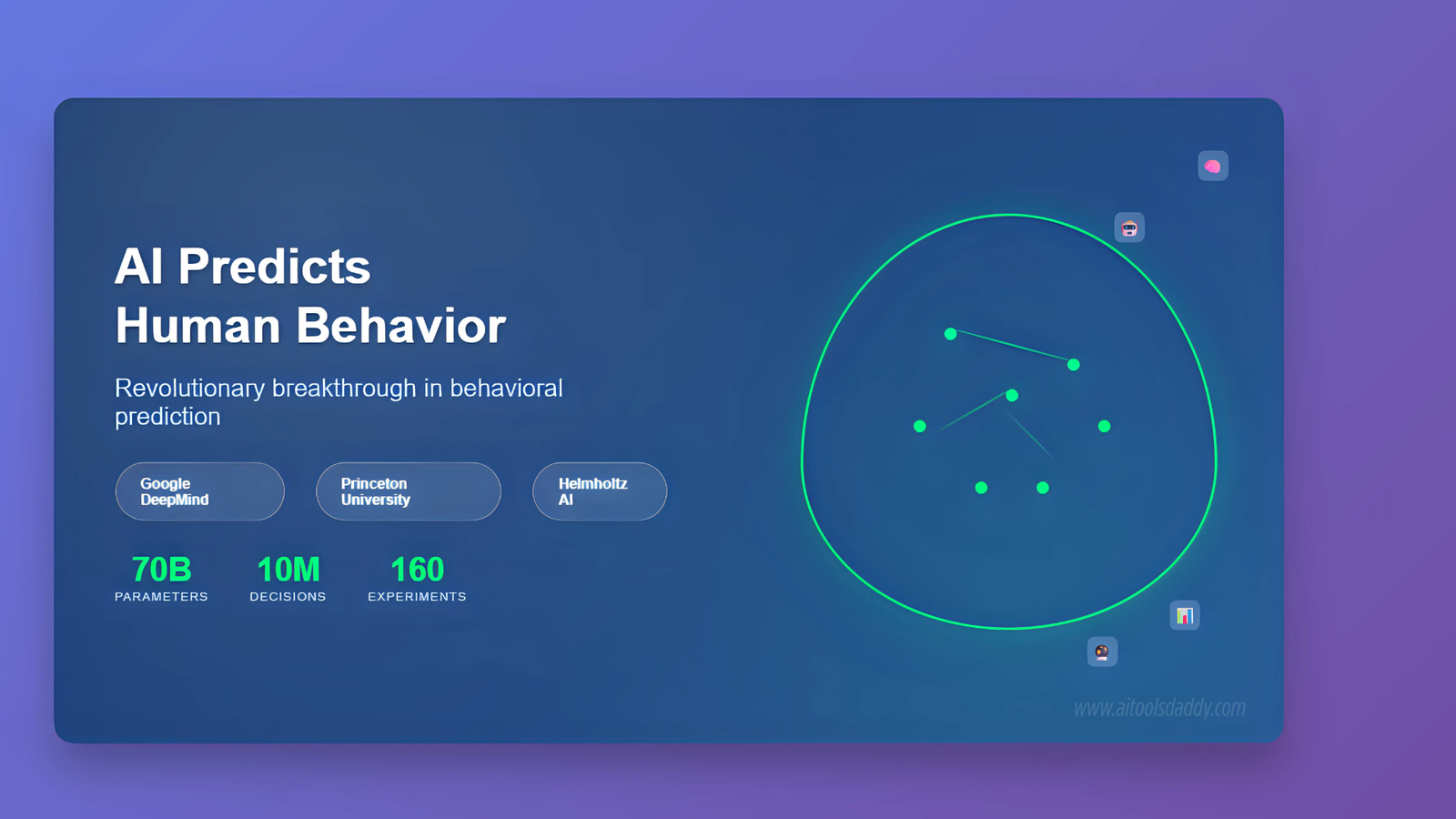
Ever wondered if artificial intelligence could truly understand how your mind works? Google DeepMind and Princeton University just made this possibility a reality with their latest breakthrough that’s sending shockwaves through the AI research community.
Major Breakthrough: AI Model That Predicts Human Behavior
According to the iXBT’s report, research teams from Germany’s Helmholtz AI research program, Google DeepMind, and Princeton University have jointly released something extraordinary. They’ve created Centaur – a general AI model that can predict human behavior in large-scale cognitive tasks for the first time in history.
This isn’t just another AI advancement. We’re talking about a system that can actually understand and forecast how humans will behave across complex psychological scenarios.
How Centaur Works: The Science Behind Behavioral Prediction
Built on Powerful Foundation
Google DeepMind and Princeton University didn’t start from scratch. They built Centaur on Meta’s robust Llama 3.1 language model, which packs an impressive 70 billion parameters. But here’s where it gets interesting – they didn’t just use any training data.
The secret sauce lies in something called the Psych-101 dataset. Picture this: researchers gathered over 10 million individual decisions from 60,000 participants across 160 different experiments. That’s like having a front-row seat to observe human thinking patterns across thousands of lifetimes.
Comprehensive Human Behavior Analysis
These weren’t simple yes-or-no questions either. The dataset covers the full spectrum of how humans think and decide:
- Perception: How we interpret what we see and hear
- Memory: How we store and recall information
- Logical Reasoning: How we solve problems step by step
- Moral Judgment: How we make ethical decisions under pressure
- Uncertainty Decision-Making: How we choose when we don’t have complete information
Revolutionary Training Method
Here’s what makes Google DeepMind and Princeton University’s approach so brilliant: they converted each psychological experiment into natural language text. Instead of feeding raw data into the AI model, they essentially taught it to read experiment instructions like a human would.
This means Centaur can understand new tasks it’s never seen before – just by reading the instructions.
Impressive Performance That Surprised Researchers
Accurate Predictions in Unfamiliar Territory
When researchers tested Centaur on completely new tasks, the results were remarkable. The AI model can accurately predict behavior even when faced with scenarios it has never encountered during training.
Take this real-world example: researchers presented participants with a gambling scenario similar to slot machines. People had to choose between two machines with different winning probabilities. While most AI systems would struggle with this unpredictable human element, Centaur’s predictions matched actual human decisions with startling accuracy.
Outperforming Complex Cognitive Scenarios
But the AI model that can predict human behavior doesn’t stop at simple choices. In more complex situations involving logical reasoning and moral dilemmas, Centaur consistently outperformed existing mainstream models.
Think about moral decision-making for a moment. These are scenarios where there’s often no clear “right” answer, yet humans consistently show predictable patterns in how they approach these dilemmas. Centaur has learned to recognize and predict these patterns.
Brain-Like Processing: More Human Than Expected
Matching Human Neural Activity
Here’s where Google DeepMind and Princeton University’s research gets truly fascinating. The researchers didn’t just test Centaur’s predictions – they looked inside the model’s “brain” to see how it processes information.
Using functional magnetic resonance imaging (fMRI), they compared Centaur’s internal activation patterns with actual human brain activity. The results? Centaur’s processing patterns are closer to human neural activity than any previous AI model.
Surpassing Industry Giants
This AI model that can predict human behavior didn’t just match human brain patterns – it surpassed established AI giants like GPT-4 and PaLM-2 in brain-similarity tests. That’s a significant achievement, considering these models represent the current state-of-the-art in artificial intelligence.
Advancing Scientific Understanding
Discovering New Human Behavior Patterns
Perhaps the most exciting aspect of Google DeepMind and Princeton University’s breakthrough isn’t just what Centaur can predict – it’s what the model has taught us about ourselves.
In one groundbreaking discovery, Centaur identified a previously unknown decision-making strategy. The AI model revealed that humans don’t just consider immediate probabilities when making choices. We also estimate future rewards and factor those into our decisions.
This dual-processing approach had never been systematically described in psychological research before. After Centaur flagged this pattern, researchers conducted additional experiments and confirmed its existence.
AI as a Research Tool
This discovery highlights how an AI model that can predict human behavior can also serve as a powerful research tool. Instead of just applying existing knowledge, Centaur is helping scientists uncover new insights about human psychology.
Open Access: Democratizing AI Research
Free Access for Everyone
Unlike many cutting-edge AI developments that remain locked behind corporate walls, Google DeepMind and Princeton University have made both the Psych-101 dataset and Centaur model completely open to the public.
This open-source approach means researchers worldwide can access tools that were previously available only to major tech companies. Universities, research institutions, and individual researchers can now explore human behavior prediction without massive financial barriers.
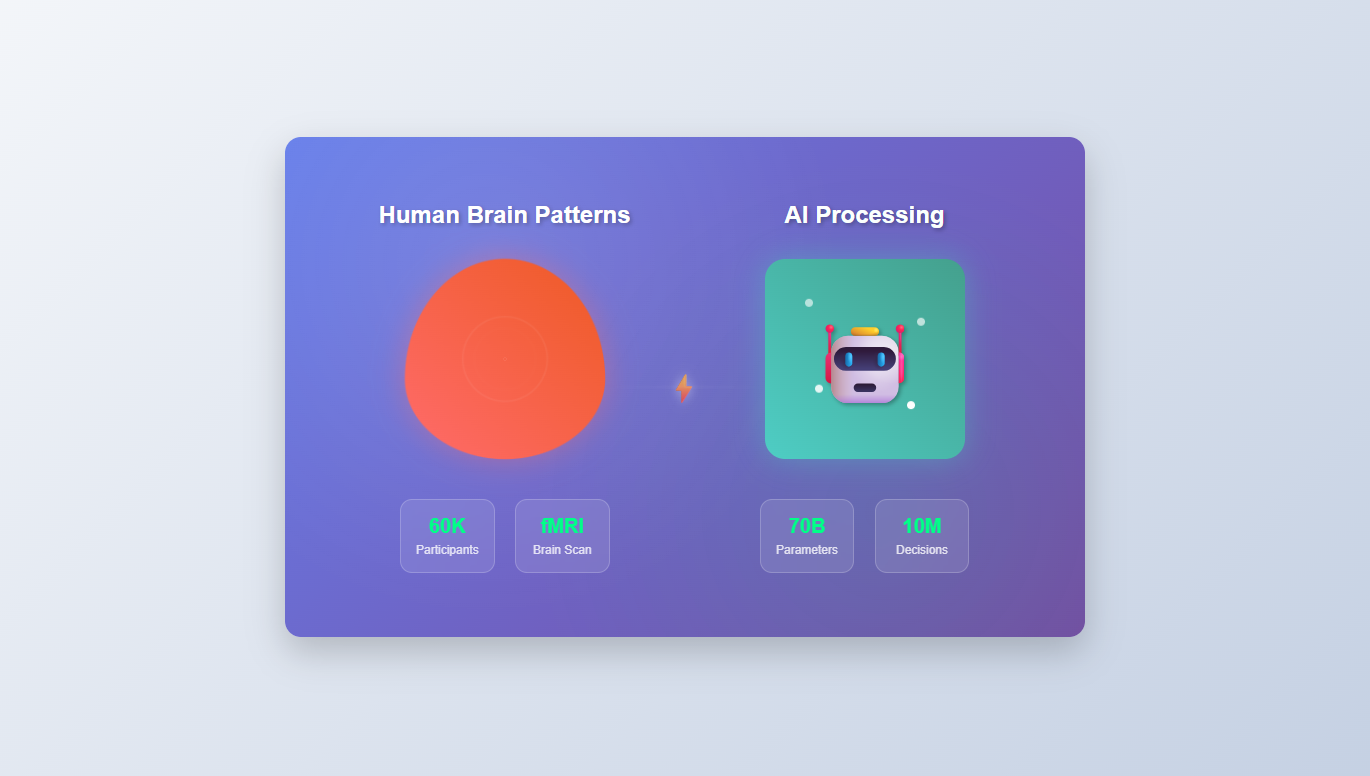
AI Human Behavior
Future Applications: Beyond the Laboratory
Expanding Into New Fields
The research teams behind this AI model that can predict human behavior aren’t stopping here. They’re planning to expand applications into several specialized areas:
Child Psychology: Understanding how young minds develop decision-making abilities could revolutionize early childhood education and intervention strategies.
Psychiatry: Predicting behavioral patterns in mental health contexts could lead to more effective therapeutic approaches and early intervention systems.
These applications could transform how we approach mental health treatment, educational strategies, and even consumer behavior analysis.
What This Means for the Future
Google DeepMind and Princeton University’s Centaur represents more than just another AI milestone. This breakthrough shows us that artificial intelligence can genuinely understand human nature, not just process information.
As these technologies continue evolving, we’re moving toward AI systems that can work alongside humans as true partners. They’ll understand our motivations, predict our needs, and help us make better decisions.
The revolution in behavioral prediction has just begun. With major institutions like Google DeepMind and Princeton University leading the charge, we’re entering an era where the boundary between artificial and human intelligence becomes increasingly blurred.
Ready to explore how this AI model that can predict human behavior might impact your field? The open-source nature of Centaur means groundbreaking research tools are now available to anyone curious enough to dive deeper into the fascinating world of AI-powered human behavior prediction.

 AI News7 months ago
AI News7 months agoGoogle Expands Firebase Studio with AI Tools for Popular Frameworks

 AI News7 months ago
AI News7 months agoTurn Photos into Videos Using Google Gemini AI

 AI News7 months ago
AI News7 months agoApple New AI Model Can Detect Pregnancy With 92 percent

 AI News7 months ago
AI News7 months agoGoogle hires Windsurf execs in $2.4 billion deal

 AI Tutorial7 months ago
AI Tutorial7 months agoHow to Turn Off Microsoft AI Features

 AI News7 months ago
AI News7 months agoOpenAI has now restored the services after outage

 AI News7 months ago
AI News7 months agoYouTube rolls out new AI-powered tools for Shorts creators

 AI Tools7 months ago
AI Tools7 months agoIs This Simple Note-Taking App the Future of AI?



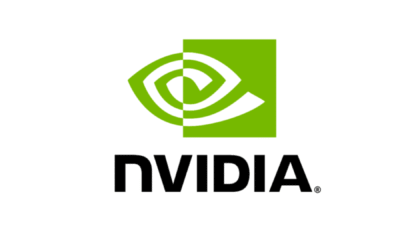

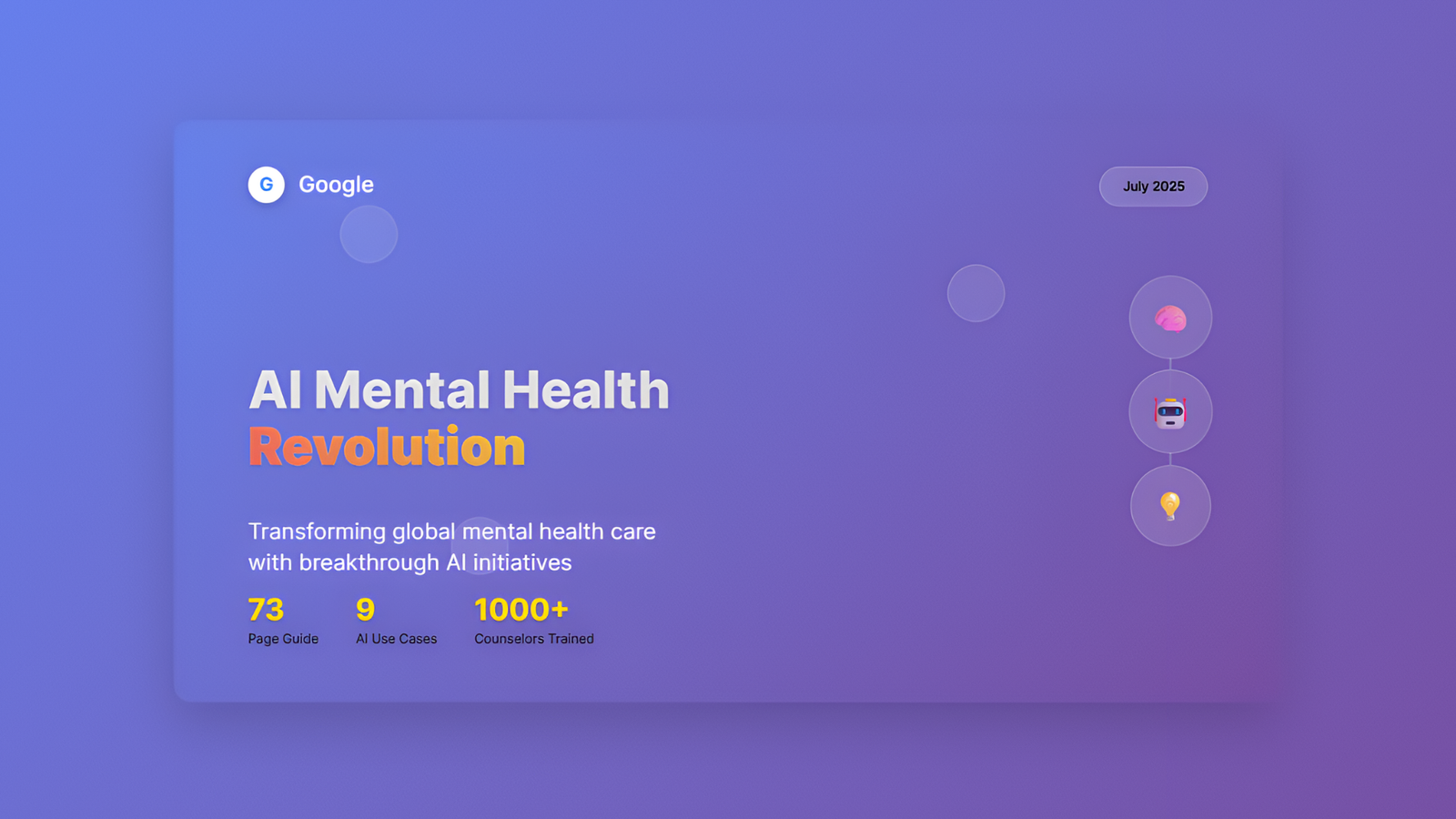
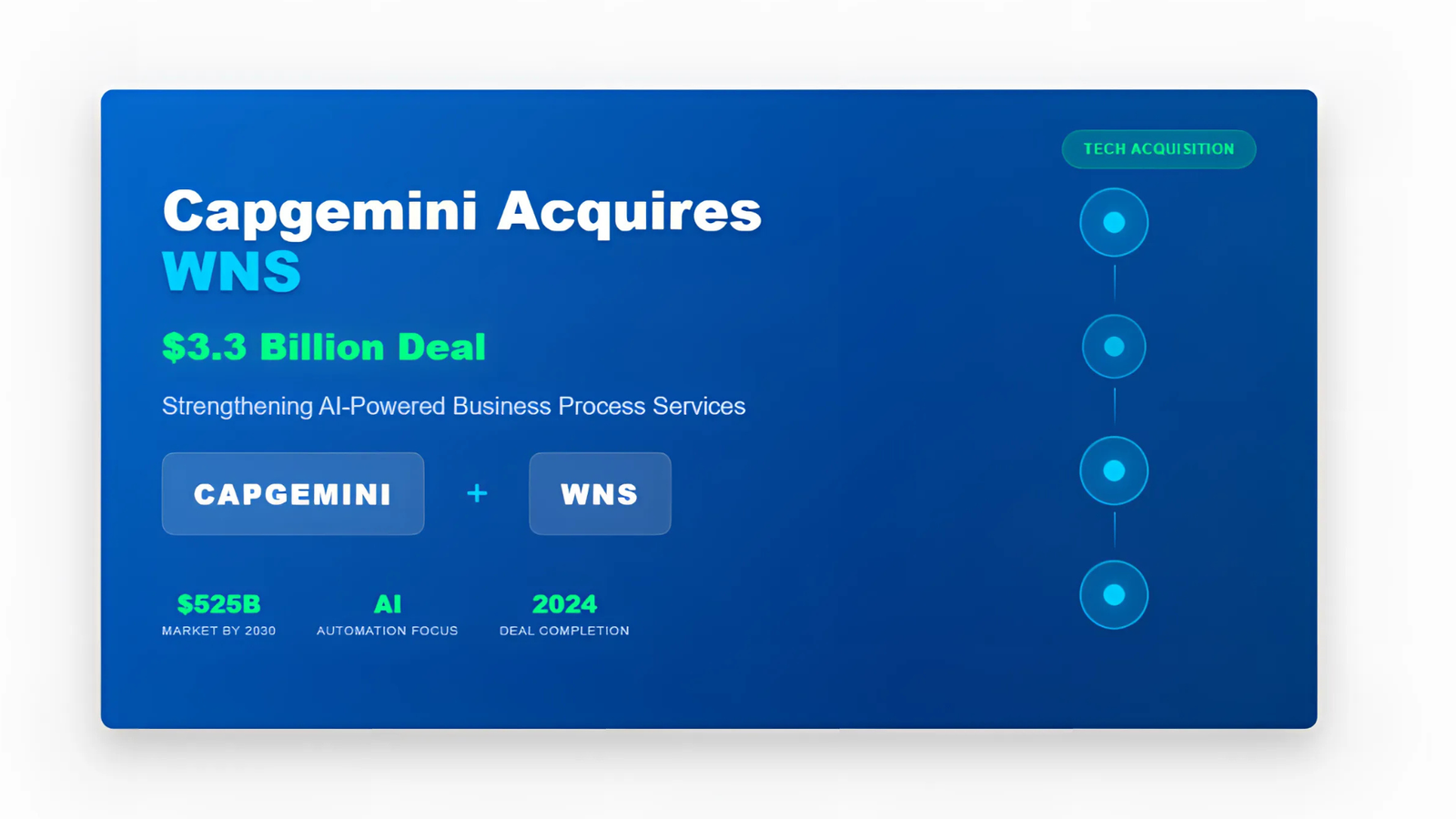
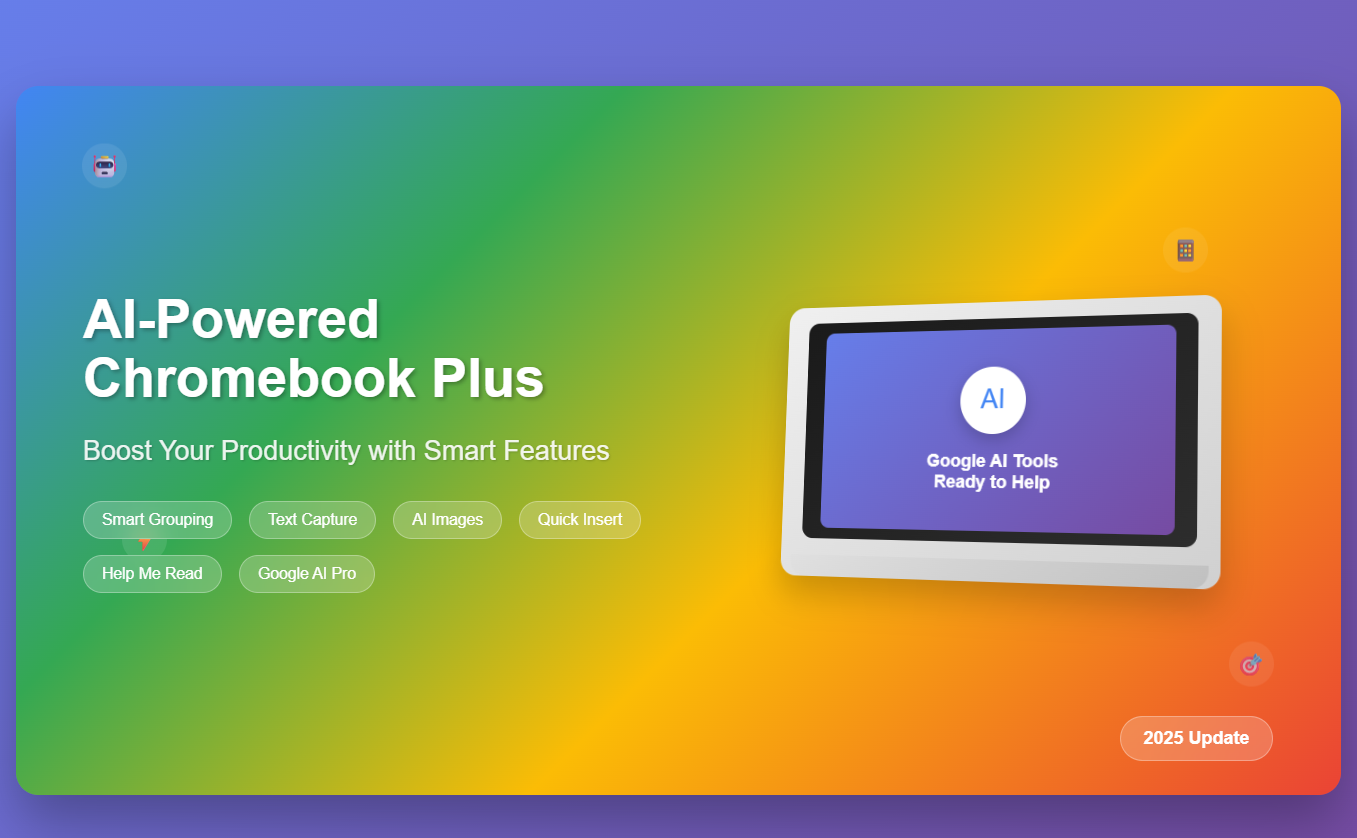



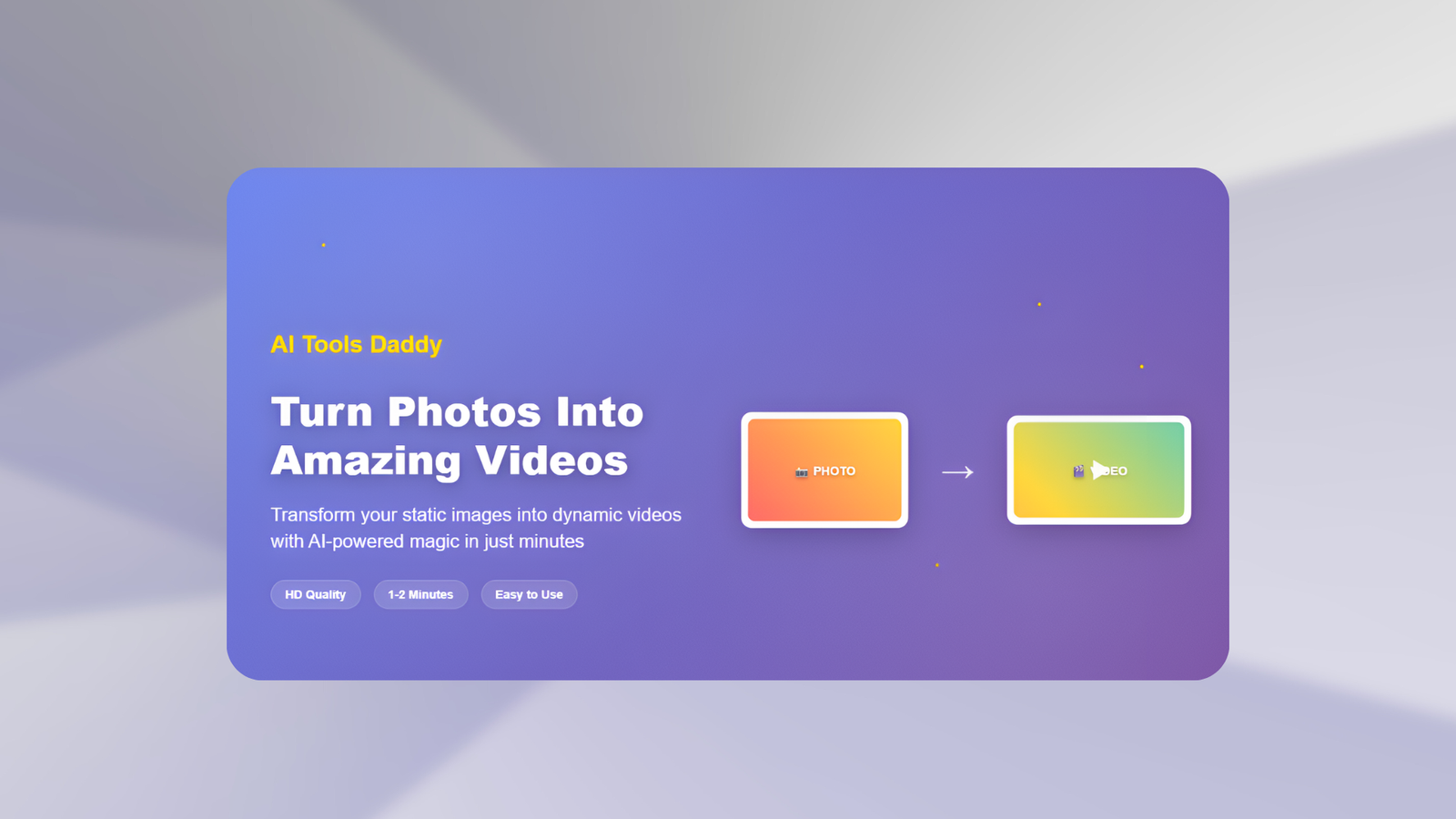
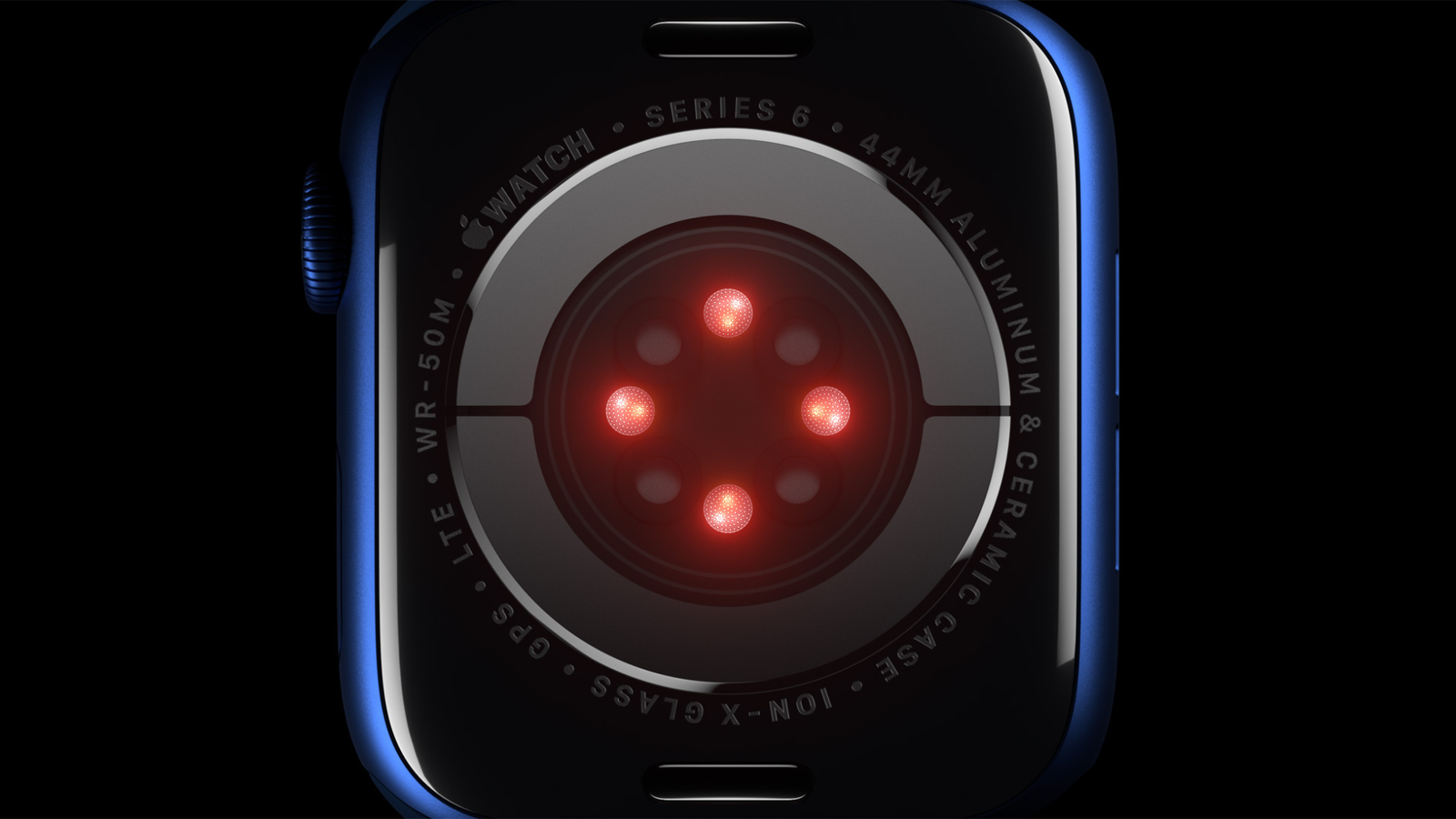
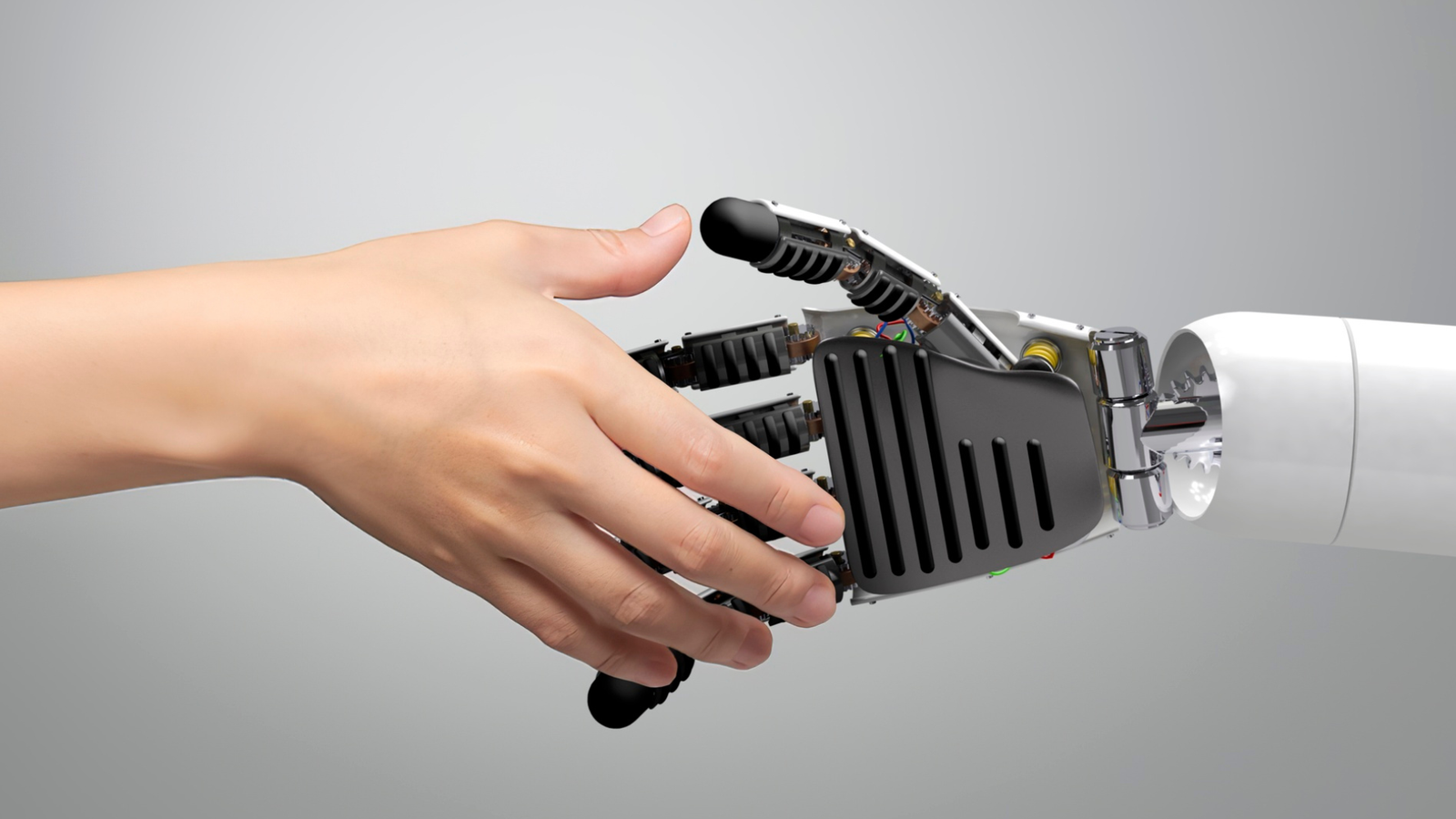
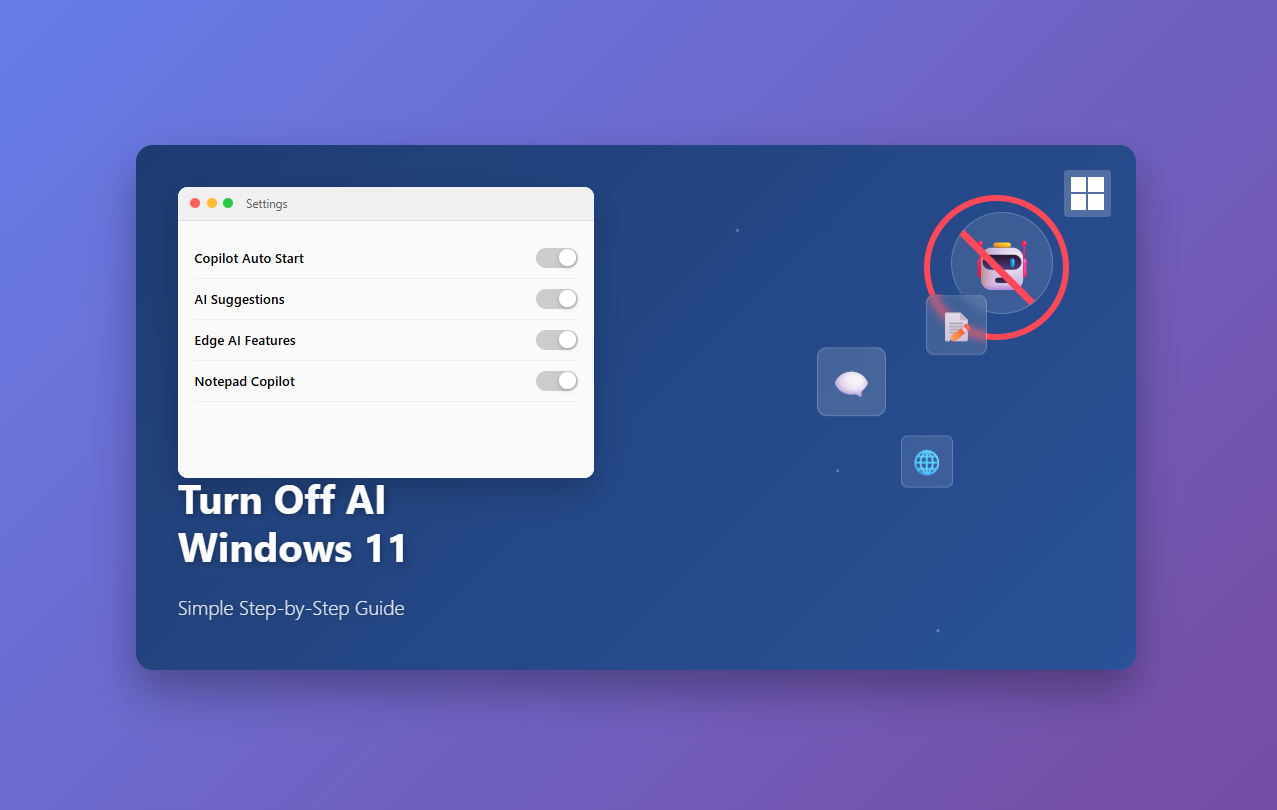
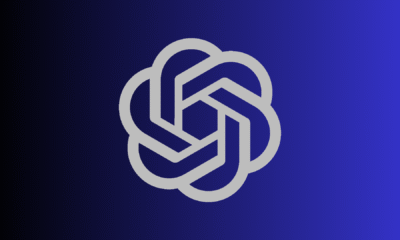


Pingback: Gemini-powered AI Mode is now available to all users in India - AI Tools Daddy